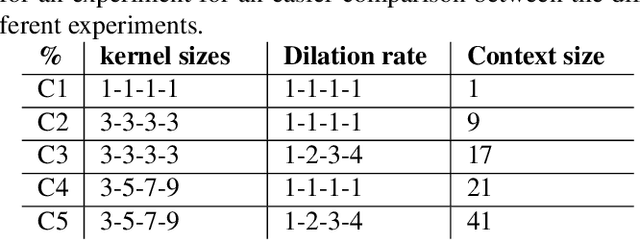Intent Classification Using Pre-Trained Embeddings For Low Resource Languages
Paper and Code
Oct 18, 2021



Building Spoken Language Understanding (SLU) systems that do not rely on language specific Automatic Speech Recognition (ASR) is an important yet less explored problem in language processing. In this paper, we present a comparative study aimed at employing a pre-trained acoustic model to perform SLU in low resource scenarios. Specifically, we use three different embeddings extracted using Allosaurus, a pre-trained universal phone decoder: (1) Phone (2) Panphone, and (3) Allo embeddings. These embeddings are then used in identifying the spoken intent. We perform experiments across three different languages: English, Sinhala, and Tamil each with different data sizes to simulate high, medium, and low resource scenarios. Our system improves on the state-of-the-art (SOTA) intent classification accuracy by approximately 2.11% for Sinhala and 7.00% for Tamil and achieves competitive results on English. Furthermore, we present a quantitative analysis of how the performance scales with the number of training examples used per intent.
 Add to Chrome
Add to Chrome Add to Firefox
Add to Firefox Add to Edge
Add to Edge